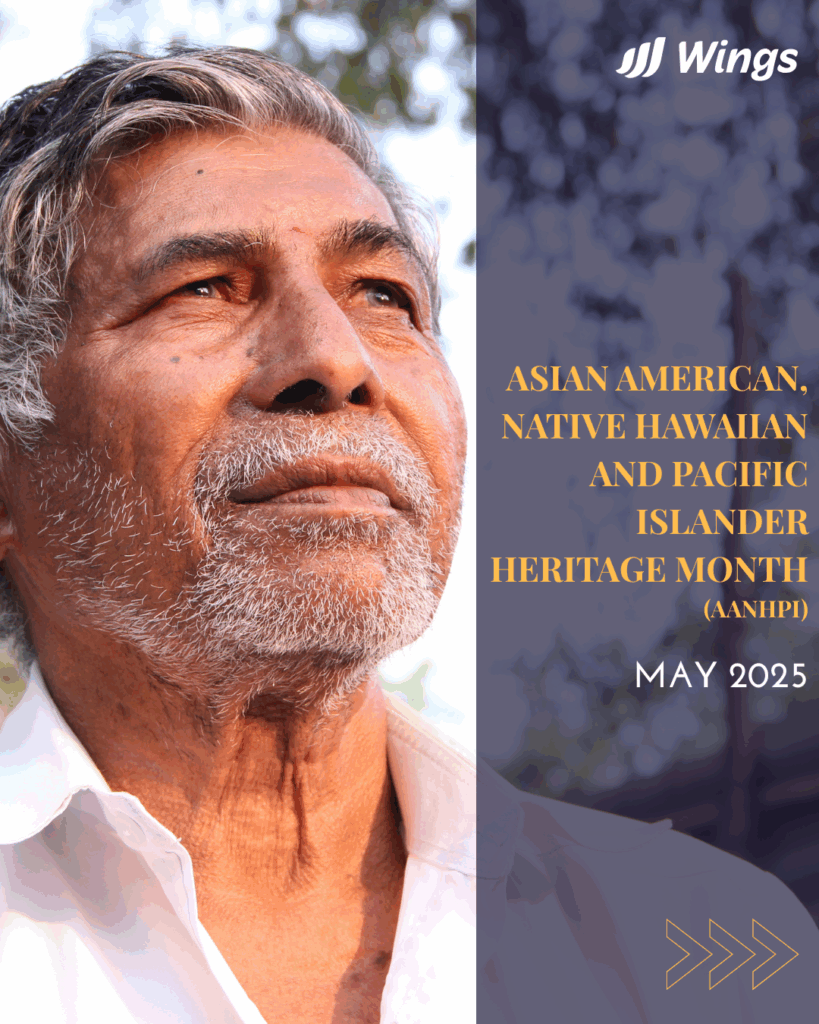Breaking the Silence: Confronting Childhood Sexual Abuse in AANHPI Communities

May 01, 2025
Childhood sexual abuse (CSA) is a devastating experience that affects people across all cultures and communities. Yet within Asian American, Native Hawaiian, and Pacific Islander (AANHPI) communities, the conversation around it is often silenced. It can be hidden behind cultural norms, generational trauma, and fear of shame. As a result, countless survivors are left to suffer in silence, without access to the care and support they need to heal.
For many AANHPI families, values like respect for elders, family honor, and privacy are deeply embedded in cultural identity. These values are powerful sources of strength, but they can also make it difficult to talk about abuse, especially when it happens within the family. In many cases, survivors are told not to “air dirty laundry” or to stay quiet to preserve the family’s image. This silence is not just painful — it is dangerous.
According to data from a 2020 behavioral risk survey, approximately 16.8% of Asian American adults report experiencing CSA, including forms such as unwanted touching and forced intercourse (1). In specific subgroups, such as South Asian Americans, studies have found prevalence rates as high as 25.2% (2). Yet these numbers likely underestimate the problem: researchers believe that up to 80% of CSA cases in AANHPI communities go unreported due to stigma, fear, and lack of culturally accessible support (3).
Silence protects abusers, not survivors.
And the consequences of this silence are long-lasting. Survivors often experience depression, anxiety, difficulty forming trusting relationships, and thoughts of self-harm or suicide. When abuse is never acknowledged, let alone addressed, the emotional toll can carry into adulthood, affecting every part of a person’s life.
So, what can we do?
We can start by making space for adult survivors of CSA to speak. That means listening without judgment. Believing without question. And offering support whether through culturally competent therapy, survivor-led organizations, or simply being present for someone who is ready to share their story.
We can also work within our communities to challenge harmful norms. Abuse is not a “private family matter.” It’s a public health issue. It’s a human rights issue. And it demands our attention.
This AANHPI Heritage Month, let’s honor our communities not just by celebrating tradition, but by breaking the cycles of harm that have been passed down in silence. Let’s create space to heal — together.
If you or someone you know is a survivor of childhood sexual abuse, you are not alone. Support is available through national and community-based resources, including:
- Wings Survivor Services Navigator: Contact – Wings Foundation
- RAINN: 1-800-656-HOPE (4673) or www.rainn.org
- Asian Pacific Institute on Gender-Based Violence: www.api-gbv.org
- The National Child Traumatic Stress Network: www.nctsn.org
Sources
- Valera, R. J., & Cusi, A. (2023). Child sexual abuse and Asian American adults: Findings from the 2020 BRFSS. Dignity: A Journal on Sexual Exploitation and Violence, Vol. 10: Iss. 1, Article 7
- Kalra, G., Bhugra, D., & Shah, N. (2015). Sexual abuse in South Asian Americans: Results from a community-based study. Journal of Child Sexual Abuse
- Asians for Mental Health. (n.d.). Child Sexual Abuse in API Communities. asiansforhealth.org
- U.S. Department of Health and Human Services. (2021). Child Maltreatment Report. acf.hhs.gov
Educational post on CSA and the AANHPI Community